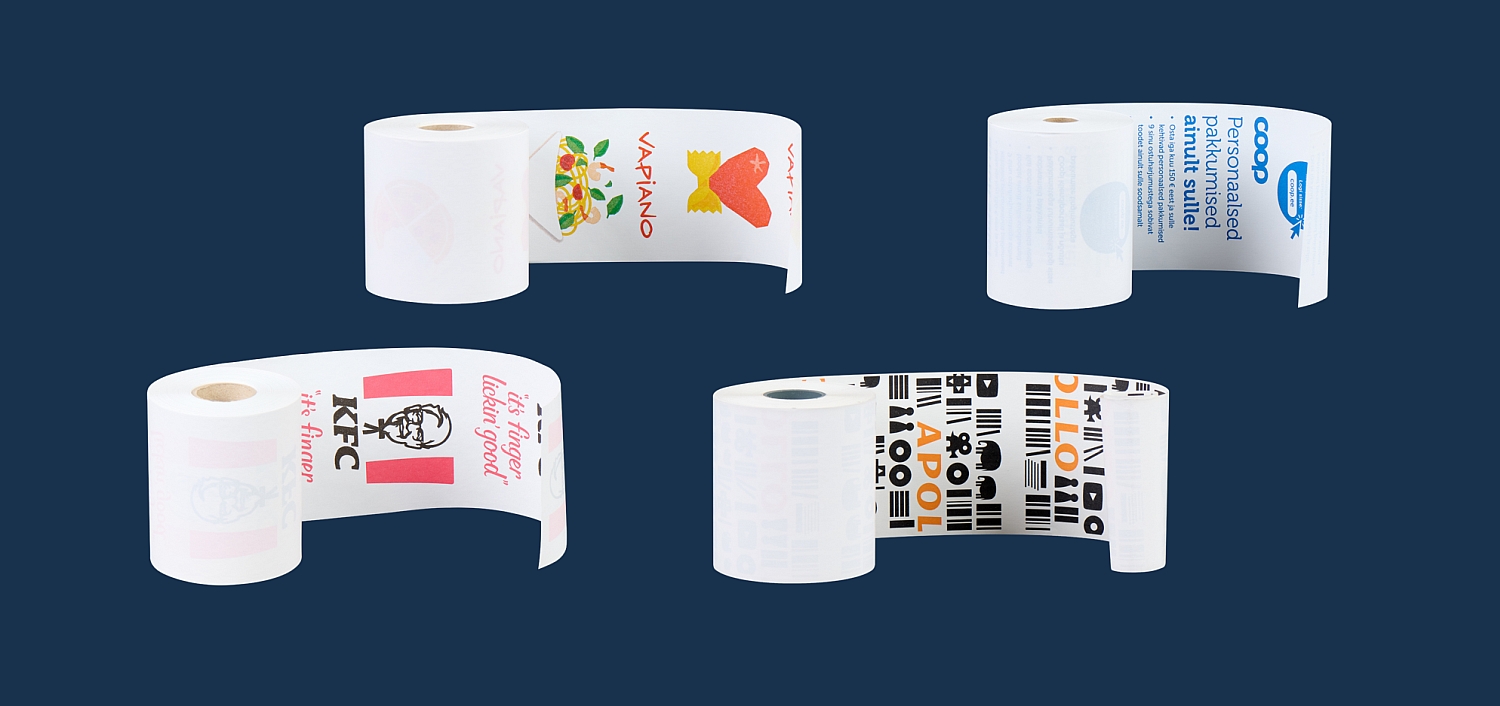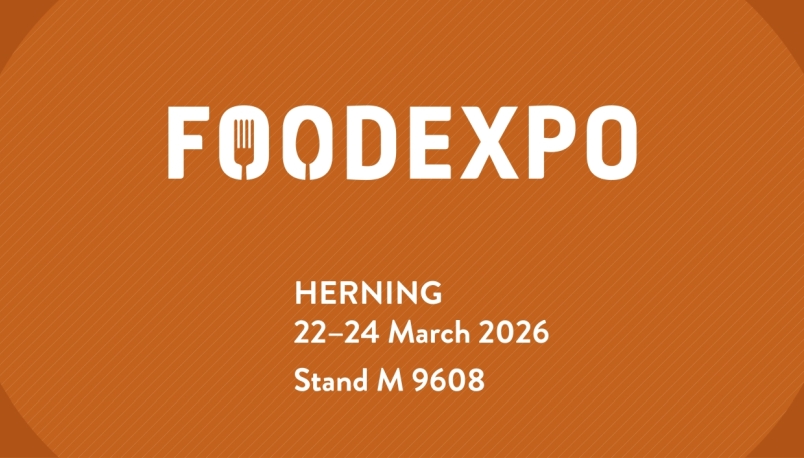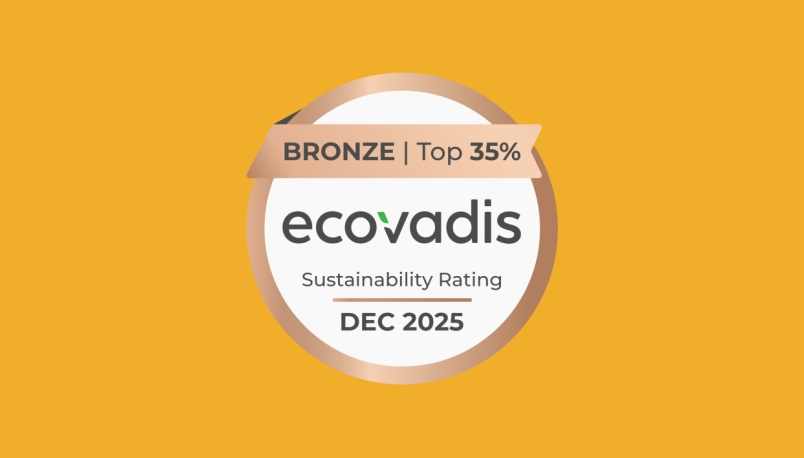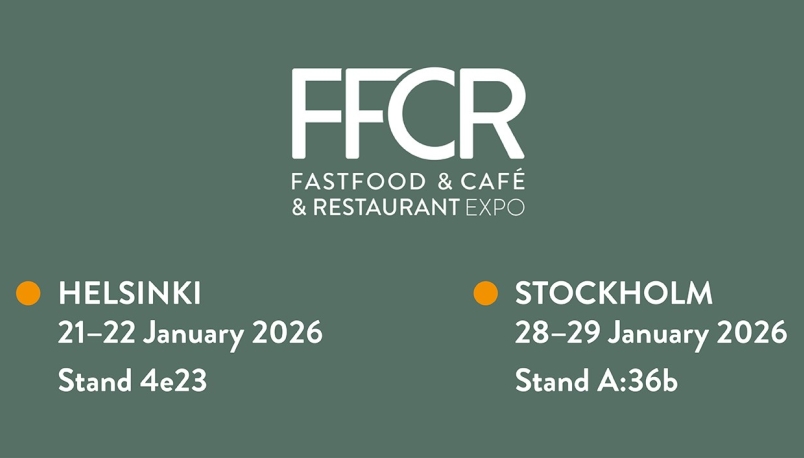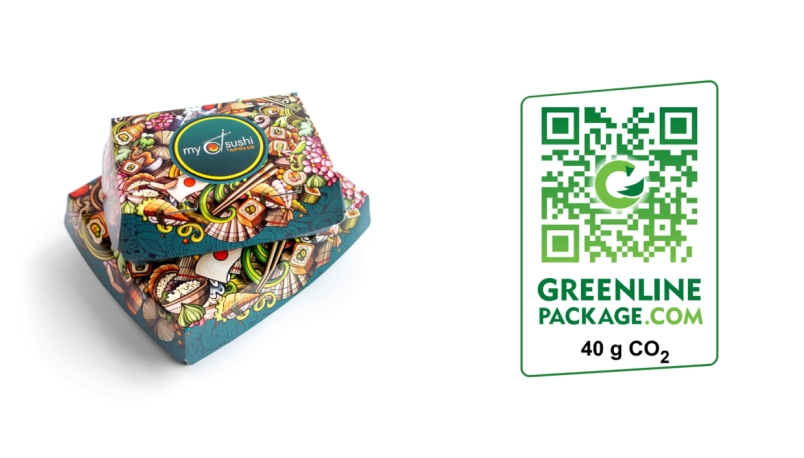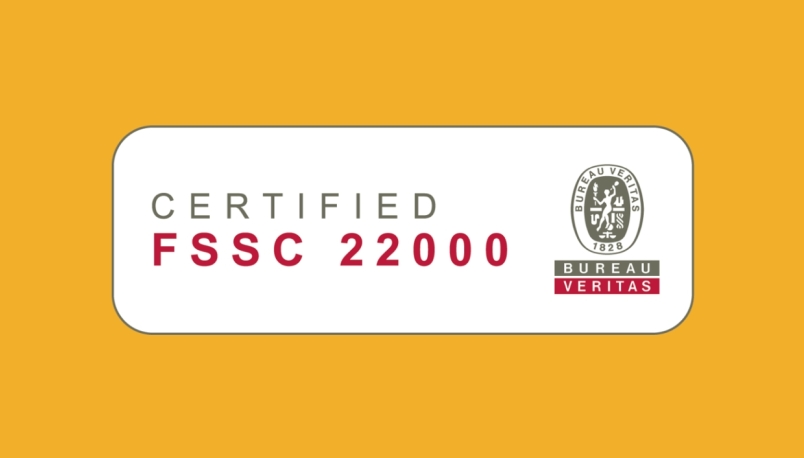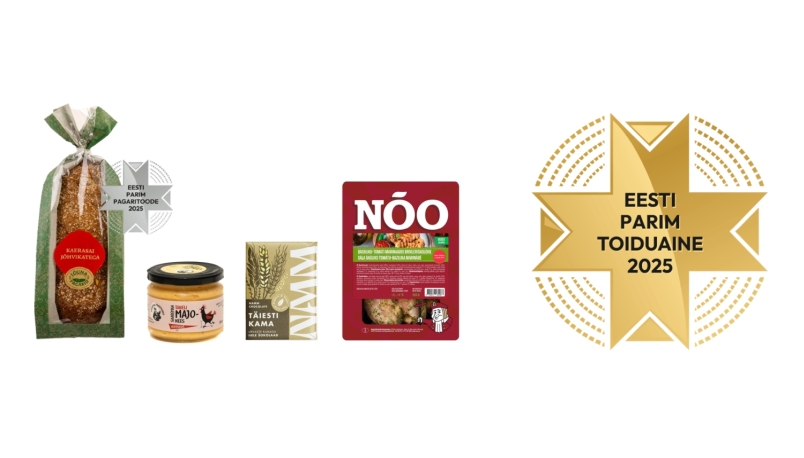Finding the right cash register rolls for your business is more than just a simple supply decision – it impacts cost efficiency, print quality, and sustainability.
Each receipt isn’t just a piece of paper; it’s a record of a transaction, a touchpoint with your customer, and a reflection of your brand’s operational efficiency. The type of paper, print quality, and core materials all contribute to how well these receipts serve their purpose while balancing cost and environmental impact.
One crucial but often overlooked factor is safety. Many thermal papers still contain phenol compounds like BPA or BPS – substances with known health concerns. That’s why we’re especially glad to offer phenol-free options as well. Get your high-quality direct thermal rolls designed for POS systems, ATMs, and receipt printers from Kroonpak and ensure reliability while supporting eco-friendly choices.
In this blog post, we’ll explain the main printing technique, share practical tips to reduce waste and optimise performance, and give you an overview of our production options.
Understanding Direct Thermal Printing (DTP)
Most receipt printers today use Direct Thermal Printing: a process that requires only a thermal printer and special heat-sensitive paper (commonly called thermal paper). During printing, heat triggers a chemical reaction in the paper’s heat-sensitive coating, causing it to darken (turn black) at the heated spots, producing text or images instantly.
This method does not require ink, toner, or a ribbon, but the printed material may fade or darken over time, because the thermal paper layer remains sensitive to heat and light.
Typical uses of direct thermal printing
- Receipts – Used in point-of-sale (POS) systems, ATMs, gas stations, and kiosks.
- Shipping and logistics labels – Common in e-commerce, courier services, and warehouses for temporary product tracking.
- Event and transit tickets – Movie tickets, airline boarding passes, and public transport tickets.
- Medical Labels – Patient wristbands, specimen tracking, and prescription labels in hospitals and labs.
Key advantages
✔ Cost-effective: No need for ink, toner, or ribbons.
✔ Minimal Maintenance: Fewer moving parts mean fewer replacements and lower operational costs.
✔ Fast and Reliable: Produces sharp, clear prints instantly, making it ideal for high-volume transactions.
✔ Compact and Versatile: Works with a variety of devices, including cash registers, card payment terminals, and label printers.
Key limitations
✘ Prints fade over time, especially with exposure to heat, light, and abrasion.
✘ Limited to specific heat-sensitive materials.
NB! Sometimes, the Direct Thermal Printing (DTP) is confused with Thermal Transfer Printing (TTP) because both use thermal printheads. However, the difference is significant.
Thermal transfer printing requires a thermal printer and a ribbon. A wax, resin, or wax-resin ribbon is heated by the print head, causing the ink from the ribbon to transfer and bond onto the printing surface. This method can print on a variety of substrates/materials, including paper, polyester, and polypropylene, producing durable and long-lasting prints resistant to temperature variations, moisture, abrasion, and fading.
Typical uses: Asset and inventory labels, chemical and laboratory labels, industrial and outdoor labels, product packaging labels, ID cards and wristbands.
In sum:
Thermal Transfer Printing (TTP) – Best for long-lasting, durable prints
Direct Thermal Printing (DTP) – Best for short-term applications
* It’s important to clarify that cash register rolls are exclusively designed for Direct Thermal Printing.
Responsible purchasing – six smart ways for safer and more sustainable receipt rolls
Businesses today are looking for ways to reduce environmental impact and meet sustainability targets. Here some effective tips to reduce waste, save costs and improve eco-friendliness when using cash register rolls.
- Switch from plastic to cardboard core rolls
* Less plastic waste – Cardboard cores are easier to recycle than plastic, and it is biodegradable.
* Lower carbon footprint – Producing and disposing of plastic generates more CO₂.
For example, a supermarket using 20 000 rolls per year (with approximately 500 receipts per roll) could eliminate 120 kg of plastic waste annually by switching from plastic to cardboard cores – equivalent to preventing over 6 000 plastic bottles from entering landfills. Over a decade, this simple change could save up to 1,2 tons of plastic.
Exceptions: In some cases, plastic cores are needed for high-speed printers and moist environments due to their durability. - Switch to coreless rolls
* Less waste – Eliminates core disposal, reducing packaging waste.
* Lower carbon footprint – Uses fewer materials in production and shipping. - Opt for longer rolls
Using high-capacity rolls with thinner but durable thermal paper reduces the frequency of roll replacements, minimising packaging waste, saving time and lowering labour costs. - Adjust design and print settings
Reducing font size, margins, and unnecessary information (such as excessive branding or blank spaces) helps decrease paper consumption per transaction. - Use BPA- and phenol-free thermal paper
Choosing eco-friendly thermal paper ensures that receipts are safer for both consumers and the environment, while also meeting sustainability regulations. - Encourage digital receipts when possible
Offering email or SMS receipts for customers who don’t need printed copies significantly reduces paper waste over time.
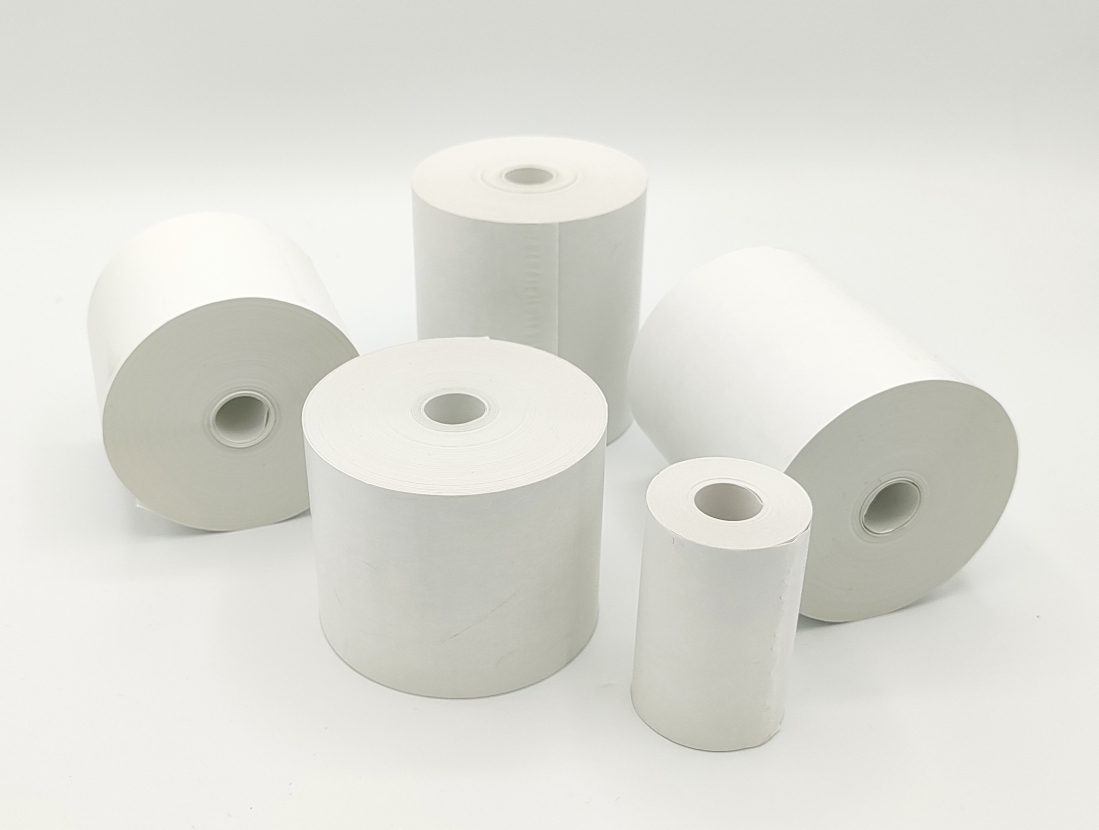
Kroonpak: Your supplier for cash register rolls
The choice of materials, colours, and core options for cash register rolls depends on your business needs and printing requirements. Another key factor is the type of printer you use, as different machines have specific roll specifications.
At Kroonpak, we produce high-quality thermal paper rolls for POS systems, ATMs, and receipt printers, ensuring smooth performance, clear prints, and long-lasting reliability for your business.
Customised for performance: Materials, dimensions, and print options
- Dimensions: rolls are available in two widths: 57 mm and 80 mm.
- Other widths are possible upon request – just let us know your needs, and we’ll find a suitable solution
- Cores: Cardboard cores available in 12 mm or 25 mm diameter options.
- We can also offer a coreless version with a 15 mm inner diameter.
- Maximum roll diameter: 200 mm
- Paper quality: Standard from 44 gsm up to 58 gsm and Extra durable & phenol-free from 44 gsm up to 55 gsm.
- Prints and colours: no print or 1-4 colour flexographic print. We use environmentally friendly water-based inks.
- Optional feature: End-of-roll marking.
These variations allow you to choose the right balance between cost-effectiveness and performance – whether you’re printing high volumes or looking for extra wear resistance in demanding environments.
Contact us!
Our selected thermal papers perform excellently, delivering clear, reliable prints and a hassle-free experience for your POS systems. Let us know your needs, and we’ll offer options that align with your system and sustainability goals.
Contact us today to discuss your requirements and get a sample – and see for yourself how eco-conscious performance can support your business.





 Back
Back